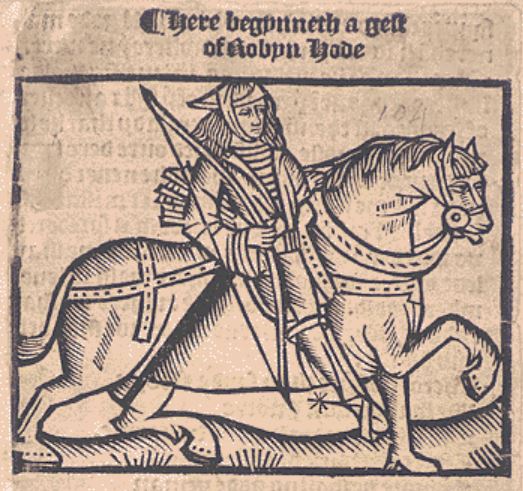Letteratura nella cattedrale. Il sorriso di Becket
DOI:
https://doi.org/10.13130/2035-7362/15580Keywords:
Narration, Theatre metaphor, Thomas Becket, Henry IIAbstract
In the Middle Ages, so often depicted in literature as a great adventure novel, a very special place belongs to the story of Thomas Becket, firstly chancellor of King Henry II and later Bishop of Canterbury, murdered in his cathedral in 1170.
This episode presents the fundamental motifs of every epic and tragic tale. Inspired by this conviction, this article examines some of the most significant literary works that have described the conflict between Becket and his king from different points of view: some of the medieval hagiographies, Alfred Tennyson, Conrad Ferdinand Meyer in the 19th century, and – in the 20th – Thomas Stearns Eliot, Christopher Fry and Jean Anouilh.
It is very difficult to get a precise idea of the real Thomas Becket, while the great metaphor proposed by John of Salisbury, his close collaborator, of life and history as a theatrical representation in which only the roles that men are called to play are of decisive importance, seems to have been realized.
Downloads
Published
Issue
Section
License
Copyright (c) 2021 Doctor Virtualis

This work is licensed under a Creative Commons Attribution 4.0 International License.
Authors who publish in this journal accept the following conditions:
a. Authors retain the rights to their work and assign to the journal the right of first publication of the work, simultaneously licensed under a Creative Commons - Attribution License that allows others to share the work indicating intellectual authorship and first publication in this journal.
b. Authors may enter into other non-exclusive licensing agreements for distribution of the published version of the work (e.g., deposit it in an institutional repository or publish it in a monograph), provided they indicate that the first publication was in this journal.
c. Authors can disseminate their work online (e.g., in institutional repositories or on their own website) before and during the submission process, as it can lead to productive exchanges and increase citations of the published work (See The Effect of Open Access).





